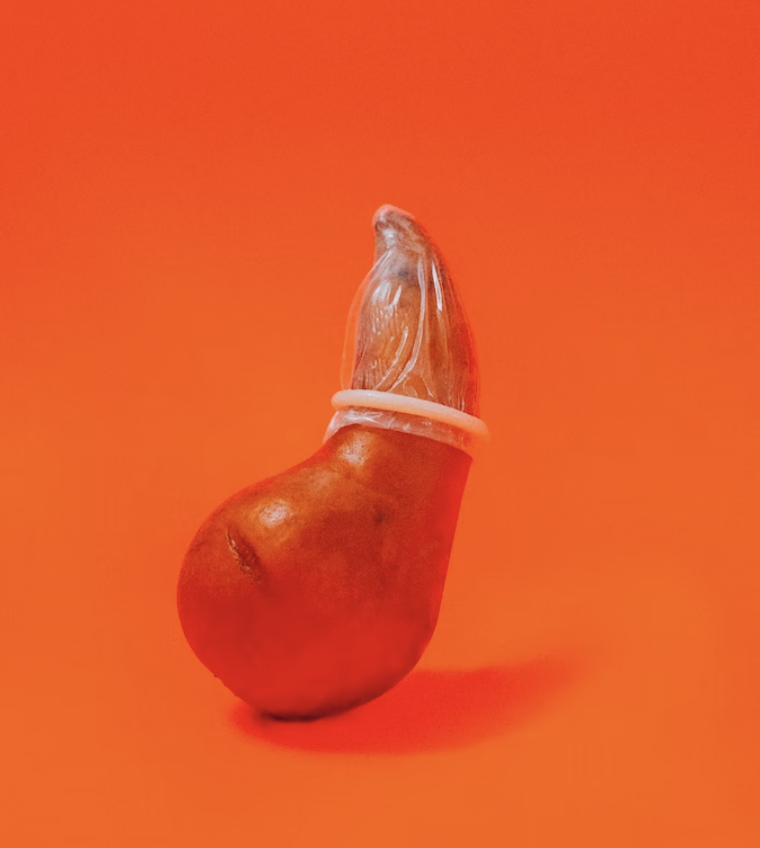Mumbai-based journalist*, Deepika Govind*, took a stroll down Collaboro* Street one fine evening to survey the status of sex toys and where they are purchased in India for a story she was going to write. Her response to the experience can be summarised in one word – pathetic. The shop-owners looked at her as though she was disgusting, and the shops were almost dehumanising. She decided to pick up an over-the-counter lubricant, because she felt uncomfortable leaving the store without having bought anything. But not once did she actually use it, simply because she couldn’t trust what went into the making of it and how it may react to her skin. Some others they spoke to, added that shopping for sex toys and pleasure products was always a disappointing experience. But lucky for us, this isn’t the case anymore.
When entrepreneurs first delved into this industry around the year 2013, they were completely unsure of the outcome of the business since it could not be predicted whether the people would accept it or not. India’s sexual wellness industry was said to grow to $8700 by 2020 globally. And it is estimated to almost double by the year 2026. So yes, people are still having sex and wanting to maximise their pleasure. But the sex toy industry in India is still at a nascent stage. Only a decade old, yet there is a growing trend amongst Indians to take control of their pleasure, and embrace their sexuality. This is correspondent to the growth of the sex toys and wellness markets. A win-win for all!
However, the laws pertaining to the sale of sex toys and wellness products in India are still vague and maybe even prudish. A slightly grey area that we will explain to you. For a very long time, sex toys were sold by street vendors. Very accessible and easy to find. In the last couple of years, there has been an explosion in the e-commerce segment of sex toys. Section 292 of the Indian Penal Code says that the Display or exhibition of sex toys in an obscene manner violates the provision of Indian Penal Code on grounds of obscenity. For any object to be considered obscene, it must be
- ‘Lascivious or appeals’ to prurient interests and
- Have a tendency to ‘corrupt or deprave.’
In 2011, The Calcutta High Court addressed the issue whether sex toys sold in India come under the charges of “obscenity”. The Court held that the charges on obscenity cannot be held as they were not legally sustainable. Just because the toy brings out sexual desires, it cannot be labelled as ‘obscene’.
In conclusion, selling sex toys manually through street vendors is prohibited and illegal, but selling sex toys is not banned or punishable as long as the retailer is following the rules and regulations laid down by the government. All toys at Manzuri are 100% legal and comply with all the rules and regulations. But a bigger problem than the laws pertaining to the sale of sexual wellness products are the social taboos and negative social perception of sex toys may hamper the growth of the sexual wellness industry. But there’s a simple fix to that: we talk about all things sex on Manzui’s Instagram handle – get_cliterate.
But here’s the catch – India, being the land of the Kama Sutra, has been ranked the sixth most sexually active country in the world. Yet, people are still afraid to discuss sex openly. The sexual wellness industry is one of the fastest growing e-commerce industries in India with people gradually becoming aware of their needs and knowing about the options for intimacy products that these websites have to offer to them. What we hope for in the future, is a market where women are empowered to take control of their pleasure, without the end goal being orgasms.
* Names changed to protect identity and locations









